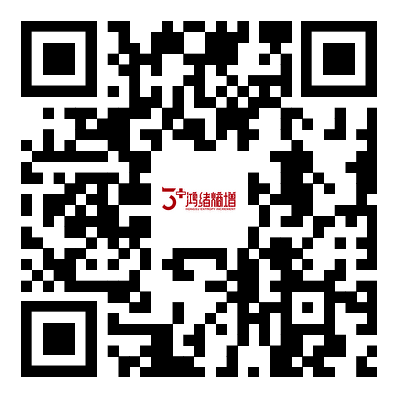According to statistics, up to 2 million patients die each year due to cerebral infarction. Cerebral infarction is more common in middle-aged and elderly people aged 45-70, but in recent years, it has been showing a trend towards younger age groups.
Both middle-aged and young people must be vigilant against cerebral infarction. Generally speaking, cerebral infarction also has early symptoms. If one can timely identify these signals of a cerebral infarction, it may effectively reverse the damage it causes to the brain.
Symptoms before cerebral infarction
01. Hardened base of tongue and language barrier
A healthy tongue is soft and flexible, with smooth language. Once you experience a stiff tongue, difficulty speaking, ambiguity, or language barrier, be wary of cerebral infarction.
A cerebral infarction occurs, leading to insufficient blood supply to the cerebral arteries and affecting the language center of the cerebral cortex, which can lead to such situations. In addition, drinking water can easily cause choking, while eating can also be a sign of a stiff tongue.
02. Abnormal blood pressure
When blood pressure suddenly continues to rise above 200/120mmHg or suddenly drops below 80/50mmHg, it is a precursor to cerebral infarction. (The normal blood pressure value for adults is 90-140mmHg.)
03. Severe Headache
Sudden and severe headache accompanied by convulsions, recent history of head injury, or headache accompanied by coma, drowsiness, sudden changes in the nature, location, distribution, etc. of the headache, aggravated by coughing.
04. Disposable black haze
The sudden appearance of blackening in the eyes of ordinary people, which returns to normal after a few seconds, without dizziness, nausea, or consciousness disorders, is caused by transient retinal ischemia, and is an early warning for cerebrovascular diseases. Patients should pay attention to it.
05. Sudden dizziness
Dizziness is a very common symptom among the precursors of cerebral infarction, which can occur at any time before the stroke, especially when waking up in the morning.
In addition, it is also prone to occur after fatigue and bathing.
Especially for hypertensive patients, if they experience dizziness more than 5 times in 1-2 days, the risk of developing cerebral infarction will significantly increase.
06. Transient visual impairment
Manifesting as blurred vision, or loss of vision, incomplete vision, this phenomenon can often self recover, which is an early warning signal for cerebral infarction.
07. Skew facial corners
Due to the control of facial muscles by brain nerves, at the beginning of a stroke, the nerves are damaged, affecting muscle function. More than 90% of patients will exhibit crooked corners of the mouth and asymmetrical facial features.
08. One limb numbness and fatigue
A stroke usually only affects one of the two hemispheres of the brain, so patients may suddenly experience weakness, numbness, and fatigue in one side of the limbs. When lifting both arms in parallel, one side will sag.

